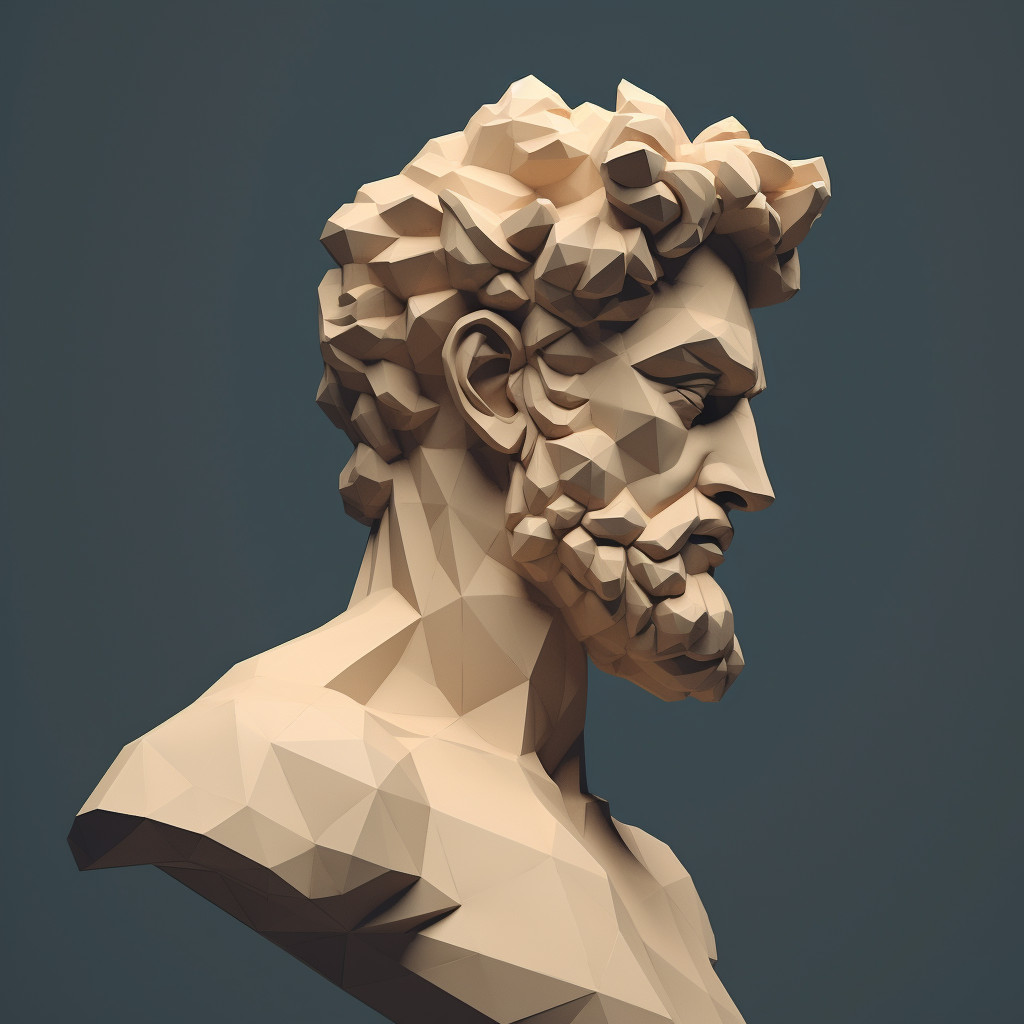“Beauty is the purgation of superfluities” is a profound statement that encapsulates the essence of minimalism and simplicity. The term ‘purgation’ refers to the act of removing or getting rid of something, in this context, ‘superfluities’ which means unnecessary or excessive things. Essentially, Michelangelo is saying that true beauty is found not in complexity and ornamentation, but in simplicity and the removal of all that is unnecessary.
This concept can be seen in Michelangelo’s own work as a sculptor. He believed that the figures he sculpted were already present in the block of marble; his job was merely to remove the excess stone and reveal the beauty within. Thus, beauty, according to Michelangelo, is not about adding more, but about stripping away to reveal the essence.
Applying this idea to our modern world, we can see the value of simplicity and minimalism in various domains. In design, for example, a minimalist approach focuses on the essential elements, removing any unnecessary components to create functional, aesthetic, and easy-to-understand products or services. This can be seen in the sleek designs of modern technology, architecture, and even websites.
Similarly, in personal development, the idea of purgation of superfluities is about focusing on what truly matters. It’s about stripping away the unnecessary distractions, the excessive desires, the unhealthy habits, and focusing on the core values and actions that contribute to growth and well-being. It encourages us to declutter our lives, not just physically, but also mentally and emotionally, to reveal our true selves.
In essence, Michelangelo’s quote is a call to embrace simplicity, to recognize that beauty and truth are found not in complexity and abundance, but in the essential and the minimal. It’s a reminder that sometimes, less is indeed more.









